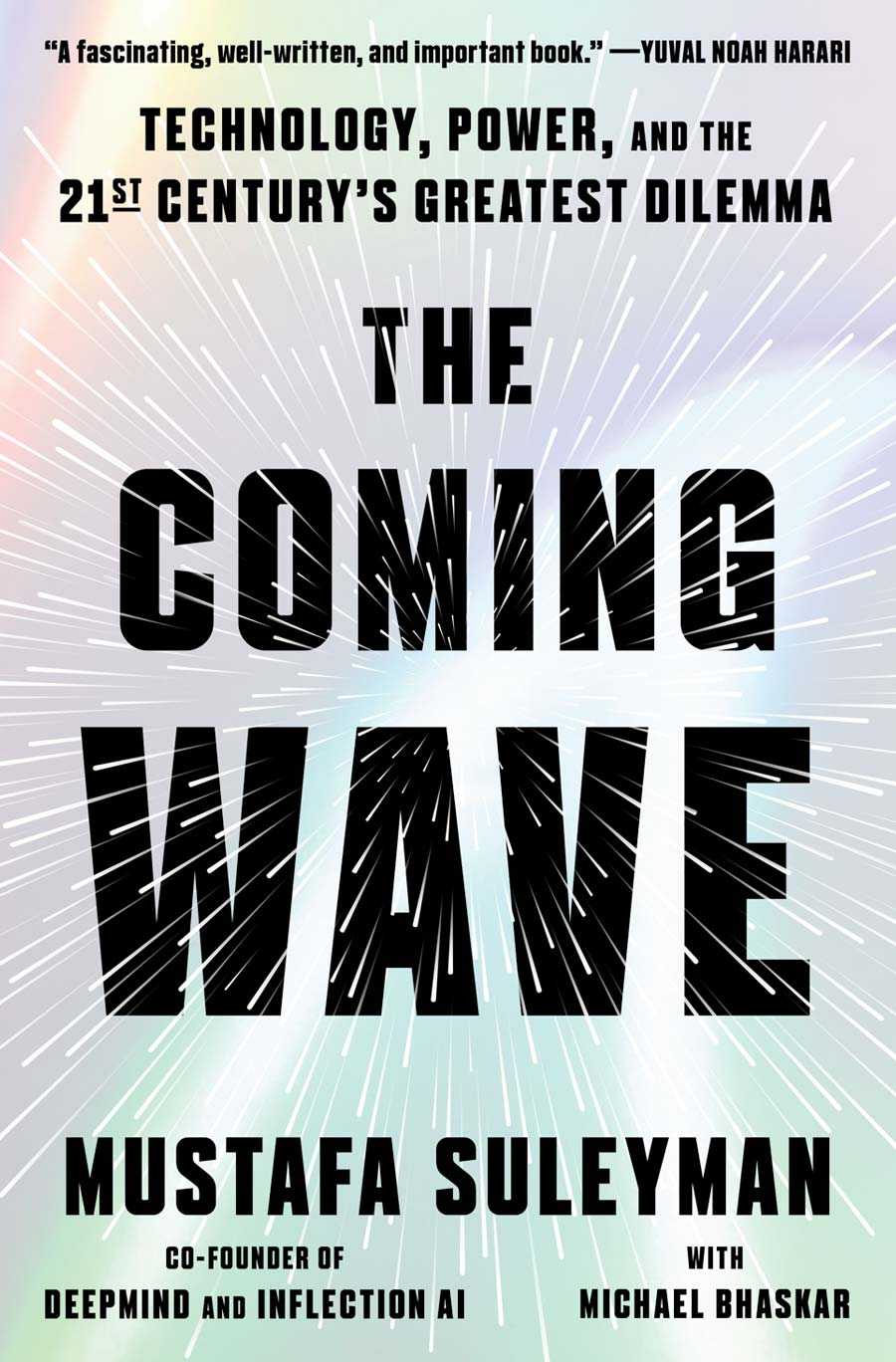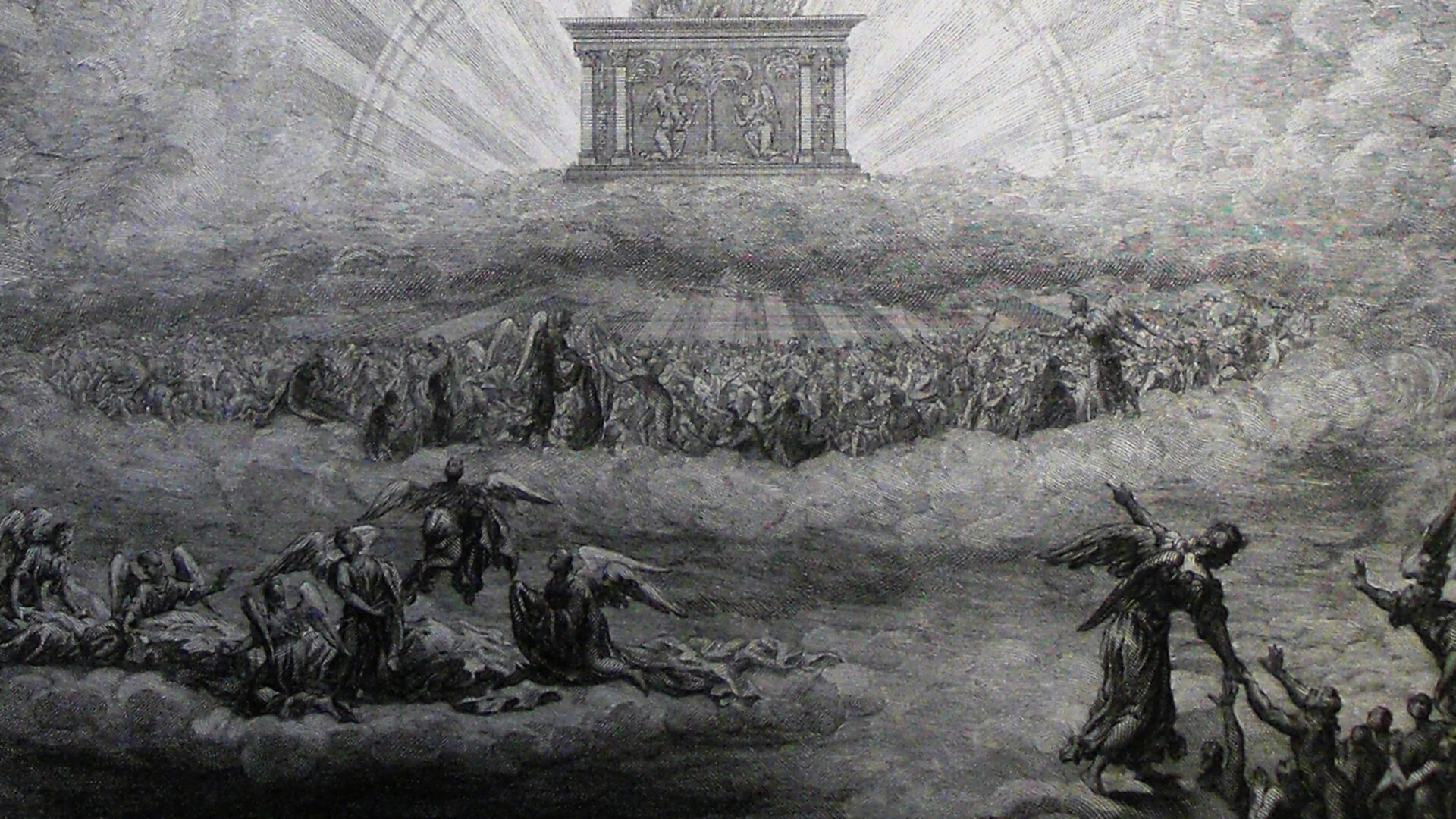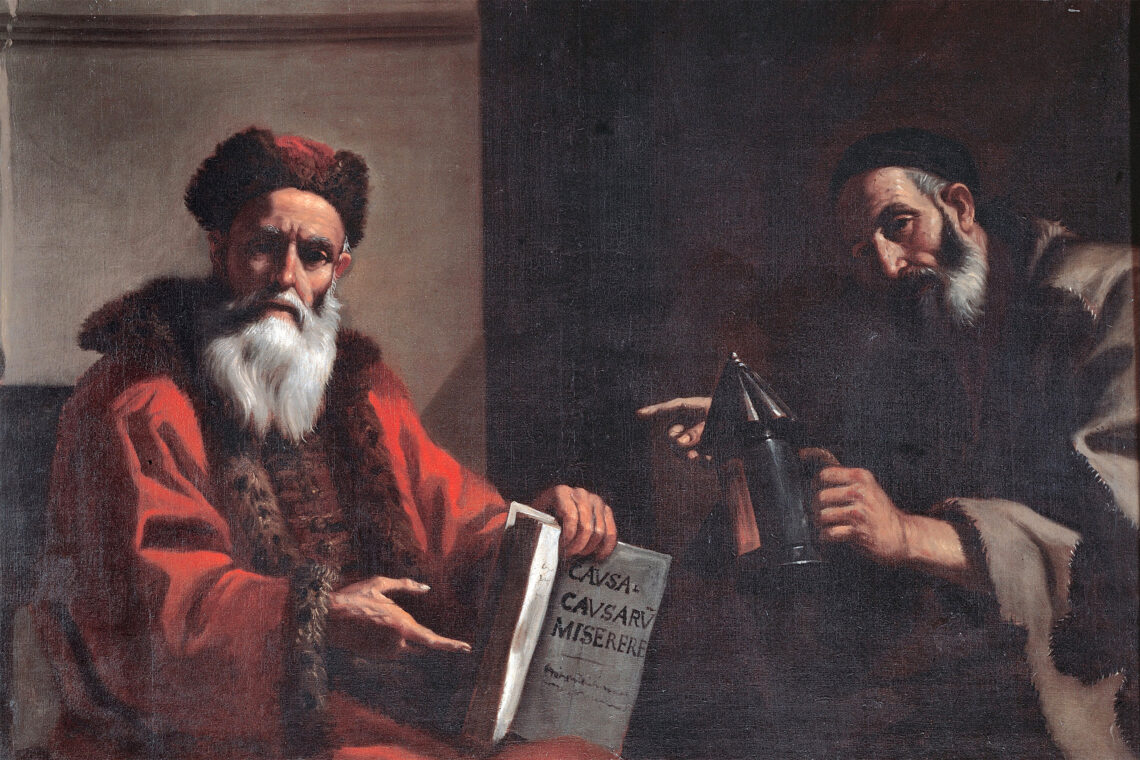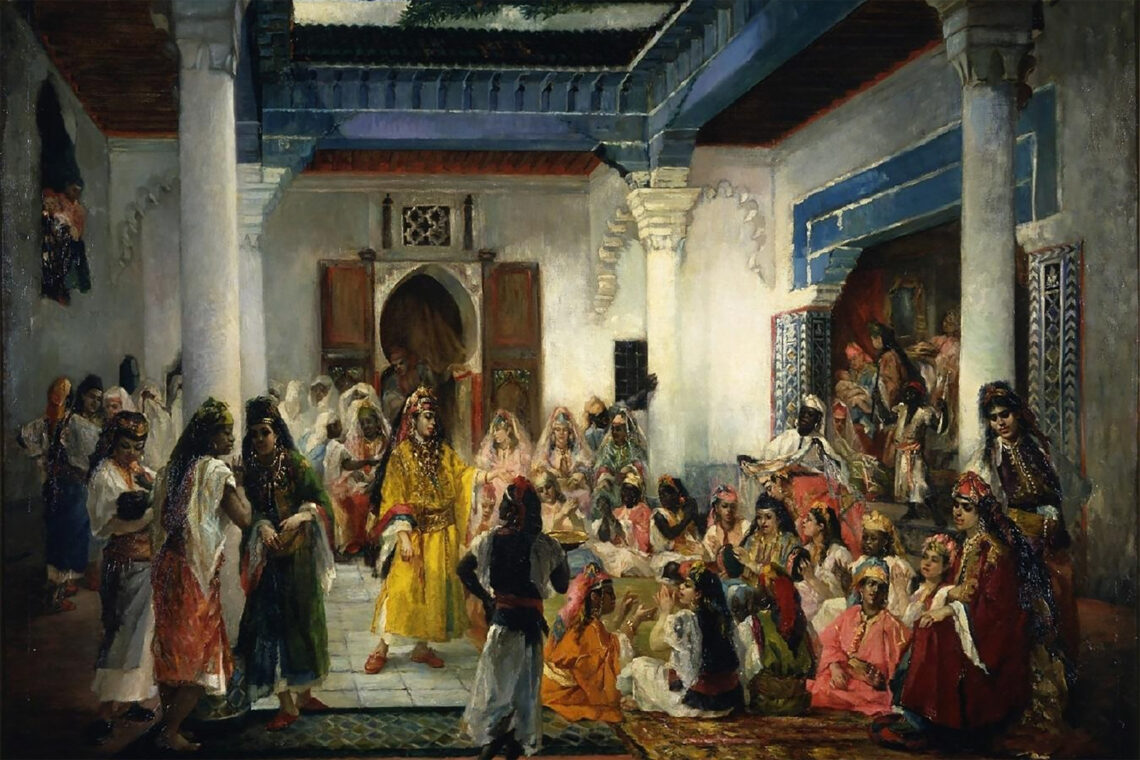Like prophetic times of old, the world is abuzz with talk of the apocalypse. For die-hard believers, the Rapture of the Second Coming promises a long-awaited reunion with the Lord and the belle époque of life eternal. For those lacking in faith, it is simply the end of the world as we know it, along with the downgrading of all-powerful humans to the status of helpless serfs. Unless we find ways to avoid this cosmic catastrophe through global alliances, healthy doses of censorship, and rigorous audits, among other measures, a new artificially intelligent species is bound to eclipse naturally average humans and create a world over which we have no control.

This is, in a nutshell, the warning of Mustafa Suleyman in The Coming Wave: Technology, Power, and the Twenty-First Century’s Greatest Dilemma, which has been getting a lot of attention. A pioneer in the field of Artificial Intelligence and founder of two AI companies, Suleyman describes our species as Homo Technologicus, meaning that we are shaped by our own omni-use inventions, from the ancient prototypes of stonework and fire to writing, printing, electricity, and the Internet. The list of major life-transforming inventions throughout human history doesn’t exceed ten, and all these inventions had the power to amplify human effort and facilitate lives of comfort and ease. Such inventions, including the use of nuclear weapons, remain under human control, their use contained by laws and regulations.
Not so with AI. Though initially set up by humans, AI evolves on its own and quickly achieves autonomy. When combined with the equally revolutionary field of synthetic biology, the potential for damage is depressingly real indeed. Since genome sequencing “turns biological information, DNA, into raw text,”—that is to say, “information humans can read and use,” there is no telling how these technologies can be used. There is always the prospect of new gene therapies that save lives, but access to these technologies can also theoretically allow a single individual to kill a billion people.
One might have hoped that nation-states would set up controls and manage these threats, as they have done (somewhat successfully) with nuclear weapons and (quite impressively) with commercial aviation so far; but more and more people nowadays are losing trust in their governments. And as political systems grow more dysfunctional and economic inequality weakens social fabrics everywhere, the power of bad actors to, say, fuse artificial intelligence with synthetic biology to cause enormous harm can easily go undetected.
Suleyman is all for containment, and he offers a list of approaches to avoid or lessen the potential for doomsday. He tries hard to project a semblance of hope on his proposals, but in the prologue to his book, adequately titled “Life After the Anthropocene,” he simply gives up and confesses that humans will lose control and will have to share their lives with AIs. “Our mental, conversational worlds,” he concludes, “will inextricably include this new and strange menagerie of intelligences.”
Although he is partly of Syrian ancestry, the British-born Suleyman speaks like a consummate Westerner, reared in the Cartesian ideology that defines the brain as the site of “intelligence,” which, in a culture that prizes efficiency, is considered the ultimate good. He is aware that few people (including techies) recognize that “technology is political,” or, more pertinently, that “technologies are ideas, manifested in products and services that have profound and lasting consequences for people, social structures, the environment, and everything in between.” But he doesn’t see how these doomsday technologies (masquerading as gifts to humanity) are conjured mostly by the enervated minds and unchecked avarice of Americans and a few other Westerners, people with power and dollars, and no solid spiritual traditions to check their pursuits and appetites. When I address Moroccans resigned to the reign of AI, I often ask them how they could be so easily seduced by America’s techno-imperialism. No technology is culturally neutral, I remind them. There is a reason why Facebook could not have been invented by a Moroccan.
People who speak reverently about AI often talk about intelligence and the “smart” people behind this technology. “Over the next five years,” Suleyman says, “vast resources will continue to be invested. Some of the smartest people on the planet are working on these problems.” Techies are now the smartest people on the planet? Think about this. And how about the legendary computer scientist Alan Turing who, in 1950, suggested that if an AI creature could have a human-like conversation without being detected as artificial it would then be deemed successful. Successful as what? Humans are hobbled by powerful emotions and debilitating migraines. Computers may be infected by viruses, but we are subjected to a host of biological and emotional constraints that no artificial device can know, let alone withstand.
Intelligent, AI can be; human, it certainly is not.
A final thought on the matter. Let’s assume that the techies’ world is real and that we are fated to lose. Why not? Besides cheap sentimentality about family and friends, we have failed as custodians of the planet. Our record as a species is abysmal. We are certainly less “intelligent” than human-free AI devices. Al-Ghazali, the great Muslim theologian of the Middle Ages, realized that life (being in a physical body) could be an impediment to pure sight.
The Quran itself gives us clues about how physical bodies are defective. When Allah decides to create humans from clay, the angels, made of fire, protest and warn about the atrocities humans will cause in the world. Allah, however, was resolute. The angels had no choice but to prostrate to humans, except the leader of devils, Iblis, who asked Allah to keep him alive so that he may corrupt as many humans as he could. Allah, being magnanimous, accepted the challenge and vowed to punish the insubordinate angel and those who fall under his spell.
If AI machines are the new angels, I would seriously give them credit and surrender to their wisdom. If they are yet another token of Western technology aimed at control and destruction, I would most fervently want to be in the Adam and Eve clan, made of clay, and willing to live and die as a flesh-and-blood imperfect human.





Comments are moderated by the editor and may not appear on this discussion until they have been reviewed and deemed appropriate for posting. All information collected is handled in a manner consistent with our privacy policy.